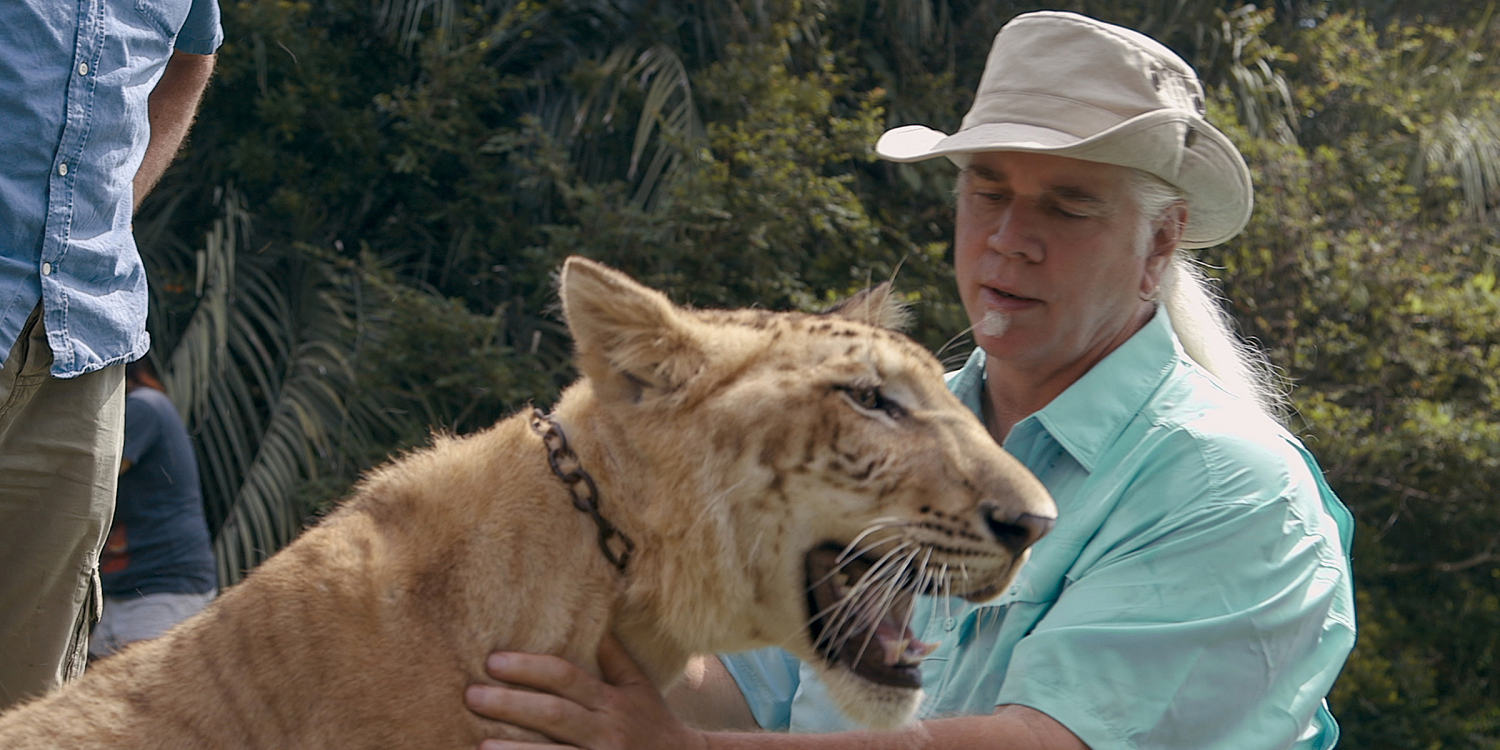Bhagavan “Doc” Antle, known for his role in the Netflix documentary series “Tiger King,” has been sentenced to one year and one day in federal prison for animal trafficking. On July 8, 2025, Antle, 65, admitted to violating federal laws by purchasing endangered animals for his zoo in South Carolina. This conviction follows his guilty plea in November 2023, where he also acknowledged money laundering linked to his operations.
Antle’s case marks a significant moment in the ongoing legal challenges faced by figures associated with “Tiger King.” His plea agreement and subsequent sentencing are considered a resolution to the legal issues surrounding this infamous documentary, which gained immense popularity during the COVID-19 pandemic. Joe Exotic, another prominent character from the series, is currently serving a 21-year federal prison sentence for his involvement in a murder-for-hire plot against fellow star Carole Baskin, who runs Big Cat Rescue in Florida.
In court, Prosecutor Patrick Duggan detailed Antle’s illegal activities, stating that he trafficked in exotic animals such as chimpanzees, lions, and tigers. These species are protected under federal law due to their endangered status. “He was knowingly and illegally trading them as part of a black market that drives another black market of poaching and smuggling,” Duggan explained. The prosecution sought a more substantial sentence, but Judge Joseph Dawson III ultimately decided on a year in prison, emphasizing the evidence of Antle’s commitment to animal care, despite his criminal actions.
Antle’s defense team argued for probation or home confinement, citing his responsibilities at the Myrtle Beach Safari, where he cares for approximately 150 exotic animals that require significant daily resources. They highlighted that many animals only respond to Antle. Friends and family members spoke in his favor during the hearing, praising his contributions to wildlife conservation and fundraising efforts against poaching.
Despite the defense’s pleas, Judge Dawson imposed a sentence that reflects the seriousness of Antle’s violations. Antle also received a fine of $55,000 and agreed to forfeit three chimpanzees as part of his plea deal. His legal troubles are not isolated; two of his employees have already been sentenced for their involvement in his schemes, with Meredith Bybee receiving a year of probation and Andrew “Omar” Sawyer receiving two years of probation for their roles in the trafficking operations.
The Myrtle Beach Safari, known for its controversial practices involving interactions with young animals, operates on a reservation basis. Antle’s business model involved charging customers for experiences with exotic animals, including high-priced photo opportunities. Prosecutors revealed that Antle laundered over $500,000 to finance his animal purchases, often using cash to facilitate transactions.
Antle has long been familiar with federal regulations, having avoided prosecution for years. He allegedly used a conservation foundation as a front to acquire animals while circumventing legal requirements. Conversations intercepted by the FBI revealed the extent of his operations, including discussions about the high costs associated with acquiring exotic animals.
As Antle begins his prison sentence, the spotlight remains on the broader implications of wildlife trafficking and the ongoing issues surrounding exotic animal ownership in the United States. The legal outcomes of this case highlight the challenges of enforcing laws designed to protect endangered species and the ethical concerns surrounding private zoos and animal interaction businesses.






















































